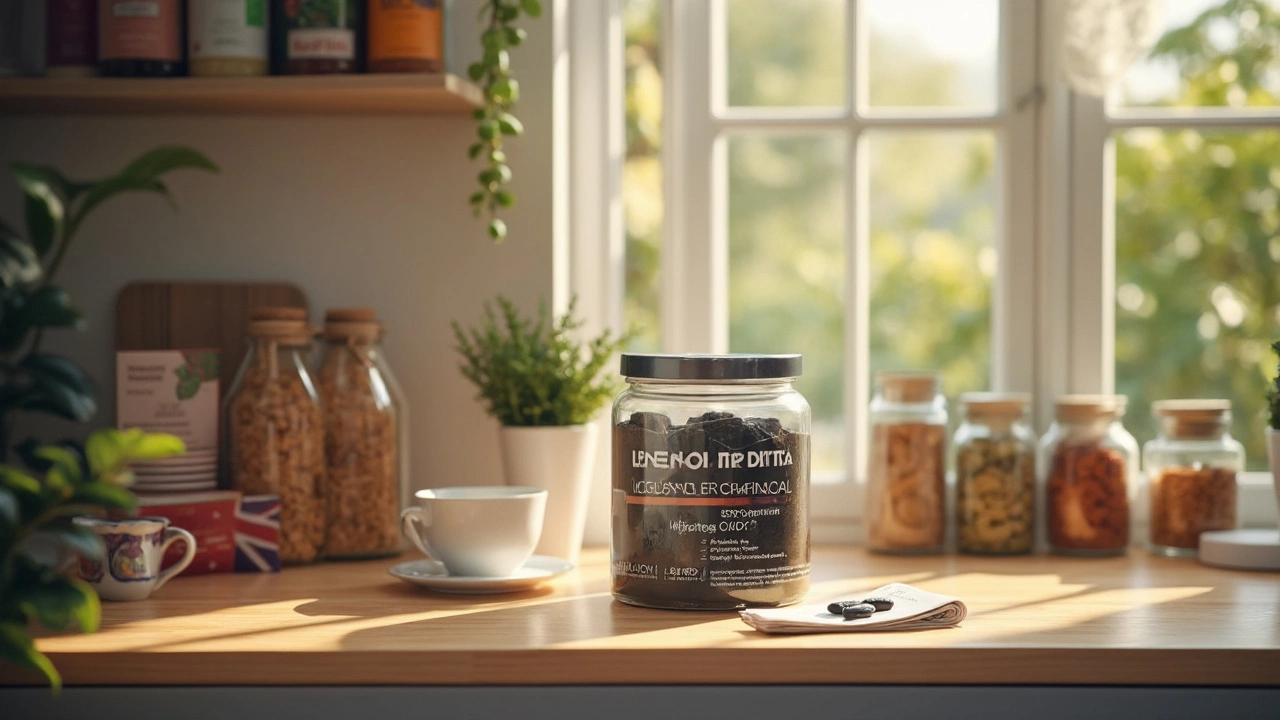Activated charcoal gets tossed around as a cure-all online, but it has specific uses — and clear limits. It works by binding some chemicals in the gut so they don’t get absorbed. That can be lifesaving in certain poisonings, but it won’t help for everything people claim, like alcohol detox or general “cleansing.”
Best case: activated charcoal is helpful if someone swallows a toxic amount of many drugs or toxins and you can give it quickly — ideally within an hour. Emergency teams use it for things like some overdoses of pills (but not for every substance). It binds well to many common medicines and prevents absorption.
Doesn't work: charcoal won't bind well to alcohols (ethanol, methanol), lithium, iron, strong acids or bases, and some metals. It also won’t reverse poisoning from inhaled toxins or injected substances. For hydrocarbon ingestion (like kerosene), charcoal is usually not given because of aspiration risk.
If you suspect a poisoning, call your local poison control number or go to the emergency room before giving anything. For adults, emergency teams may use a single dose around 50–100 grams of activated charcoal. For children, dosing is weight-based — let professionals decide.
For non-emergency uses like gas or bloating, doses on supplements are much lower (often 250–1,000 mg before meals). Evidence here is mixed: some people notice less gas, others see no benefit. If you try it for gas, start low and stop if you get constipation or persistent black stools.
Important safety notes: charcoal can block absorption of prescription meds (birth control, thyroid meds, some heart drugs, antibiotics). Keep at least two hours between charcoal and other oral medicines. Don’t give charcoal to someone who can’t protect their airway or is vomiting heavily — there’s a real risk of aspiration into the lungs.
Side effects are usually mild: black stools, constipation, nausea. Rare but serious problems include bowel blockage if someone already has intestinal narrowing. Pregnant or breastfeeding people should check with a clinician before using charcoal for non-emergency reasons.
Products and quality: look for food-grade or pharmaceutical-grade charcoal from reputable brands. Ask if the product has third-party testing to avoid contaminants like heavy metals or polycyclic aromatic hydrocarbons. Powdered charcoal makes dosing messy; capsules are easier for consistent dosing.
Everyday uses like teeth whitening or face masks are popular, but evidence is thin and abrasive charcoal may wear enamel or irritate skin. If you care about safety and results, talk to a dentist or dermatologist before regular use.
Short version: activated charcoal has real, limited medical value — mainly in certain poisonings. For anything beyond that, double-check with a pharmacist or doctor so you don’t block important meds or cause harm.

Activated charcoal supplements have taken over bathroom cabinets and kitchen shelves for a reason—they're like little black sponges that claim to soak up toxins, ease stomach problems, and even freshen breath. But do these claims stand up to real-life use? This article breaks down how activated charcoal works inside the body, what it's actually good for, and what you should watch out for. Real tips and easy science help you decide if it's worth the buzz for your needs.